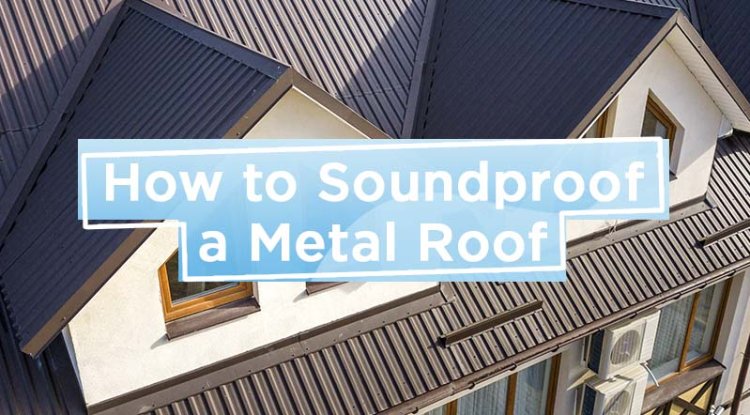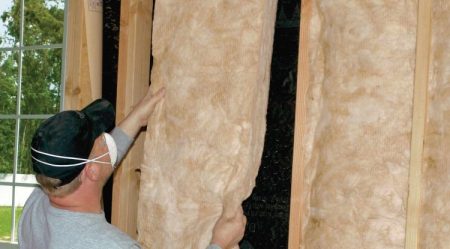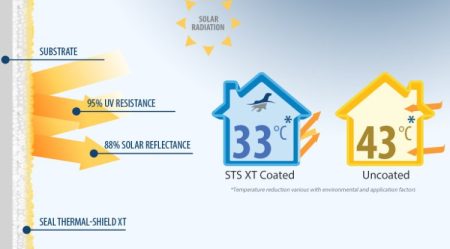Minimizing Outdoor Noise with Soundproof Roofs
When seeking solace in our homes or creating a peaceful work environment, the intrusion of outdoor noise can be a major hindrance. Fortunately, soundproof roofs offer an effective solution to minimize and control unwanted noise. In this article, we will explore various techniques and technologies for minimizing outdoor noise with soundproof roofs, ensuring a tranquil and serene atmosphere.
Contents
Understanding the Impact of Outdoor Noise
-
The Disruptive Effects of Outdoor Noise
Outdoor noise pollution can have a significant impact on our daily lives. It can disturb our sleep patterns, hinder concentration, and even affect our overall well-being. Therefore, finding effective ways to mitigate outdoor noise is essential.
-
The Role of Soundproof Roofs
Soundproof roofs act as a barrier against external noise, significantly reducing its transmission into indoor spaces. They help create a quieter and more comfortable environment by preventing noise penetration through the roof structure.
Techniques for Soundproofing Roofs
-
Acoustic Insulation
Acoustic insulation materials, such as mineral wool or fiberglass, play a crucial role in soundproofing roofs. They absorb and dampen sound waves, preventing them from traveling into the building.
-
Mass-Loaded Vinyl (MLV)
Mass-loaded vinyl is a dense and flexible material that effectively blocks noise transmission. When installed beneath the roofing surface, MLV acts as a sound barrier, minimizing the impact of outdoor noise.
-
Sealing and Weatherstripping
Proper sealing and weatherstripping of the roof can help reduce noise infiltration. Sealing gaps, cracks, and openings prevent sound waves from entering the building, ensuring a quieter indoor environment.
-
Roof Design Considerations
Designing roofs with multiple layers and incorporating airspace between them can enhance sound insulation. Additionally, using heavyweight roofing materials, such as concrete or clay tiles, contributes to better noise reduction.
Frequently Asked Questions (FAQs)
1. Can soundproof roofs eliminate all outdoor noise? While soundproof roofs significantly reduce outdoor noise, it’s challenging to eliminate it entirely. However, soundproofing techniques create a barrier that minimizes the impact of noise, creating a quieter indoor environment.
2. How effective is acoustic insulation in soundproofing roofs? Acoustic insulation materials effectively absorb and dampen sound waves, greatly reducing noise transmission. The thickness and density of the insulation contribute to its effectiveness.
3. Can soundproof roofs also improve energy efficiency? Yes, soundproof roofs often provide additional thermal insulation benefits, helping to maintain a consistent indoor temperature. This can lead to improved energy efficiency and reduced heating and cooling costs.
4. Is it possible to retrofit an existing roof with soundproofing materials? Yes, soundproofing materials can be retrofitted onto existing roofs. However, it is recommended to consult with professionals to determine the best approach based on the roof’s condition and structure.
5. What are the long-term benefits of soundproof roofs? Soundproof roofs not only create a quieter indoor environment but also enhance overall comfort and well-being. They can improve sleep quality, increase concentration levels, and provide a more peaceful living or working space.





